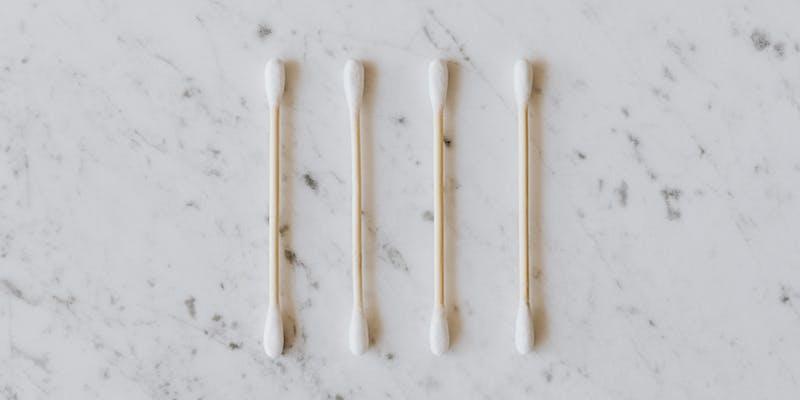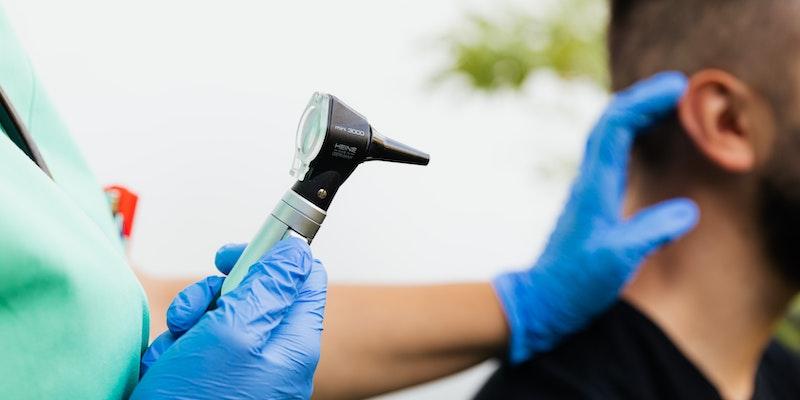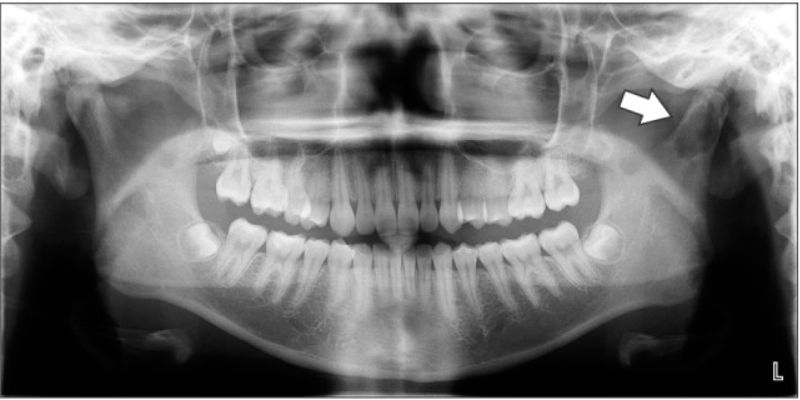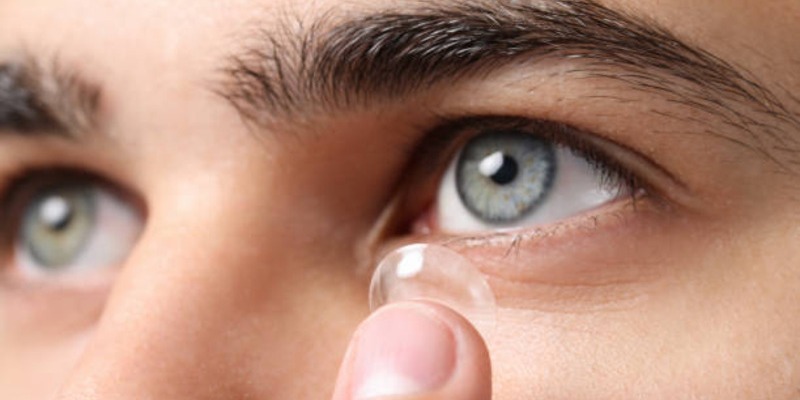We all have felt the urge to put a swab, key, or even our fingernail in our ears and safely remove earwax. Satisfying, isn’t it? But what if we told you it’s actually harmful to your health? Yes, you heard that right. As per recommendations from leading otolaryngology institutions, it's advised against using these swabs inside your ears.
What Is "Cerumenosis"
When earwax buildup leads to symptoms, medical professionals refer to the condition as "cerumenosis". Over-the-counter ear drops are available, which can soften the earwax, facilitating its natural exit from the ear (especially with gentle irrigation, like during a shower). Alternatively, a healthcare professional can employ specialized tools to extract the earwax safely.
We will look at the top 3 reasons for not cleaning your ear and other considerations in this article.
You Don't Need It
Your ears have their cleaning mechanism. You don't have to intervene for daily upkeep. The primary reason most use swabs is to remove or prevent earwax accumulation. However, earwax originates within the ear canal and is designed to move outward naturally. Yes, some folks produce an excess of earwax, or as we age, it might become more solid. Yet, even then, swabs aren't the remedy.
Earwax, technically termed cerumen, traps external particles like dust, preventing them from moving further into your ear. Just our day-to-day activities, such as chewing, speaking, or even yawning, help to push this earwax outward. So, when you employ objects like swabs or even makeshift tools like keys or fingers, you're going against this natural process. This could force earwax back, leading to potential blockages and hearing issues.
Earwax Is Beneficial!
It might not be the prettiest, but the waxy substance has advantages. Produced by specific glands in your ears, it plays a role in defending against infections, trapping harmful agents like bacteria and fungi, and even as a deterrent for tiny critters! Moreover, it ensures the internal part of your ear remains lubricated and in top shape.
These glands produce a unique blend comprising cholesterol, fatty components, enzymes, alcohols, and other elements, producing protective earwax. An interesting fact: normal earwax has a slightly acidic nature, which naturally fends off bacterial and fungal growth.
Mistakes in Ear Cleaning Can Cause Your Hearing
If you're among the countless individuals who've adopted the habit of using swabs for ear cleaning, you might inadvertently be pushing earwax deeper into your ear. This could lead to hearing complications. If you're concerned about potential hearing loss, it's a good idea to consult a hearing specialist. They can determine if compacted earwax is affecting your hearing.
Yes, some people face genuine challenges with earwax that need addressing. It could be too dry, too wet, or insufficient balance to function effectively. But even in these situations, poking objects into your ear isn't the solution. If you're ever concerned about your earwax, contact a hearing expert for advice.
For those who wear hearing aids, it's crucial to monitor earwax accumulation. Excessive buildup can affect the ear's natural clearing process. But remember, swabs aren't the answer. It's vital to heed your specialist's guidance on safe ear cleaning and maintaining your hearing aids to ensure optimal hearing health.
Is Earwax Dirty?

There is a misconception about earwax. Earwax, or cerumen, serves vital purposes:
- It acts as a natural conditioner, ensuring the ear's internal skin doesn't dry out.
- It captures external particles, such as dust and debris, before they can delve deeper.
- It assimilates dead skin cells and other waste.
- It is a barrier against potential infections that might target the inner ear.
The quantity and composition of earwax can vary based on factors like genetics, age, surroundings, and diet. While some might recoil at the sight or thought of earwax, it's not an indicator of being unclean. Contrarily, it signals that your ears are functioning just as they should.
Ear Cleaning Injuries and How To Avoid Them
Every year, a significant number of kids, about 12,500, seek medical attention due to injuries sustained while attempting to clean their ears. Attention, parents: cleaning your ears and brushing your teeth are two entirely different things! While teeth require regular brushing, ears generally take care of themselves. It's essential to educate our kids about this, especially since many inadvertently hurt themselves by inserting swabs. Common injuries involve torn eardrums or minor cuts within the ear canal.
There's also the controversial method known as "ear candling," which should be cautiously approached. Marketed as a natural earwax removal technique, it involves inserting a cone-shaped candle into the ear and lighting it. Unfortunately, this results in a substantial number of injuries annually. Here's what you need to understand about ear candling:
- Scientific studies have debunked its effectiveness, showing it can even worsen earwax compaction.
- It can lead to burn injuries, affecting the face, ears, and hair and even causing burns deep within the ear.
- There's a risk of eardrum perforation.
What's the Best Approach To Have Clean Ears?
Simply showering and washing your hair is often enough. As you rinse, water will naturally clean out your ears. Afterward, just pat your ears dry with a towel. This routine helps clear out the earwax that has already worked its way out. If you're ever concerned about earwax buildup, potential hearing issues, or any injury, it's prudent to see a hearing specialist immediately.
When to Seek Medical Attention

Our ears are sensitive, and while they do a great job of self-maintenance, there are times when professional intervention becomes necessary.
Too much good earwax is beneficial. However, impacted earwax can cause various symptoms. If you start to notice a decline in your hearing, experience a constant ringing sound, feel pain, or become dizzy, it might be due to earwax buildup. Recognizing these symptoms early can prevent complications and ensure you get the proper treatment promptly.
Professional Earwax Removal
If you suspect an earwax buildup issue, it's best to contact the experts. Healthcare professionals are trained to handle such situations. They possess the tools and knowledge to inspect your ears and determine the best action. Whether manual removal using specialized tools or a gentle irrigation method, they can safely remove earwax without causing harm. Remember, it's always safer to consult a professional than to try and address earwax cleaner on your own.




